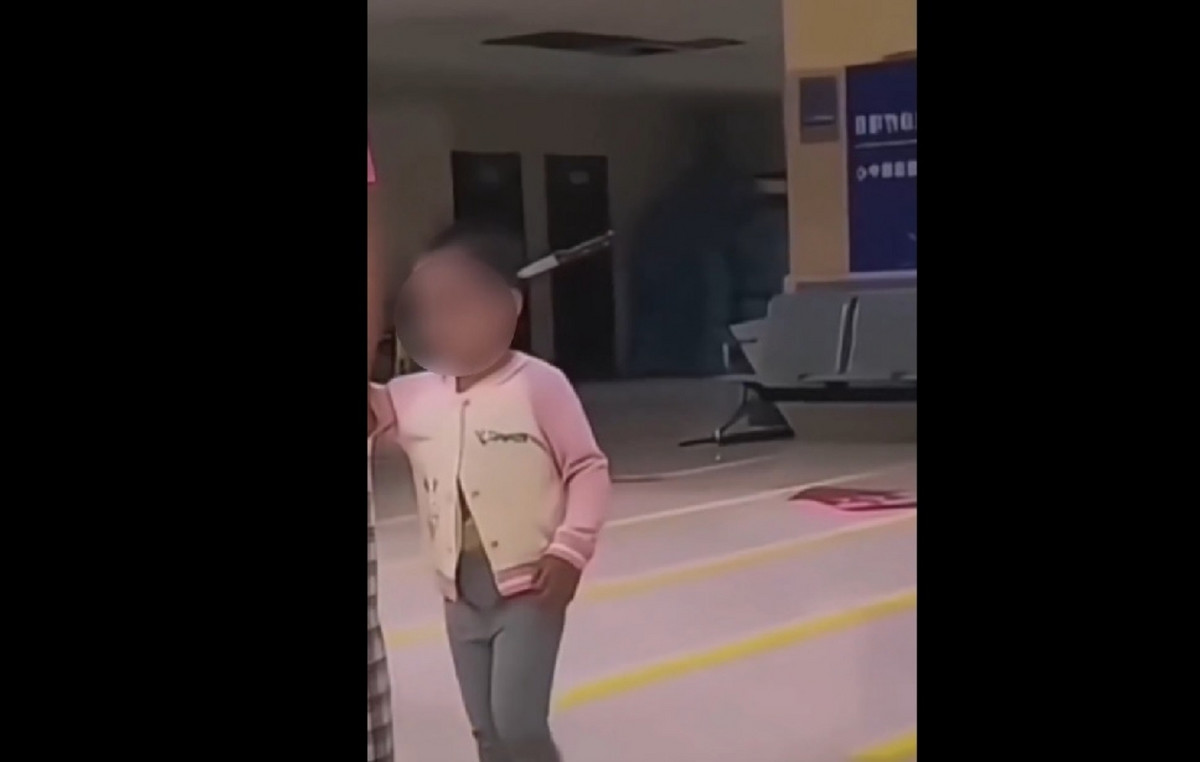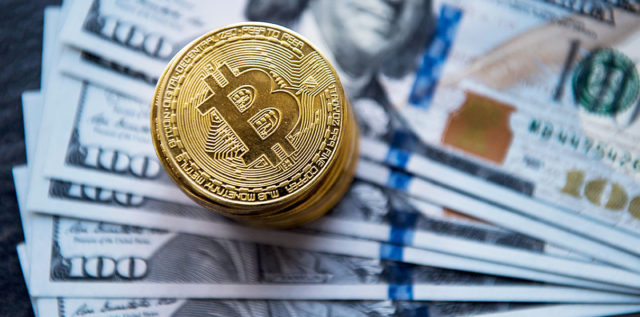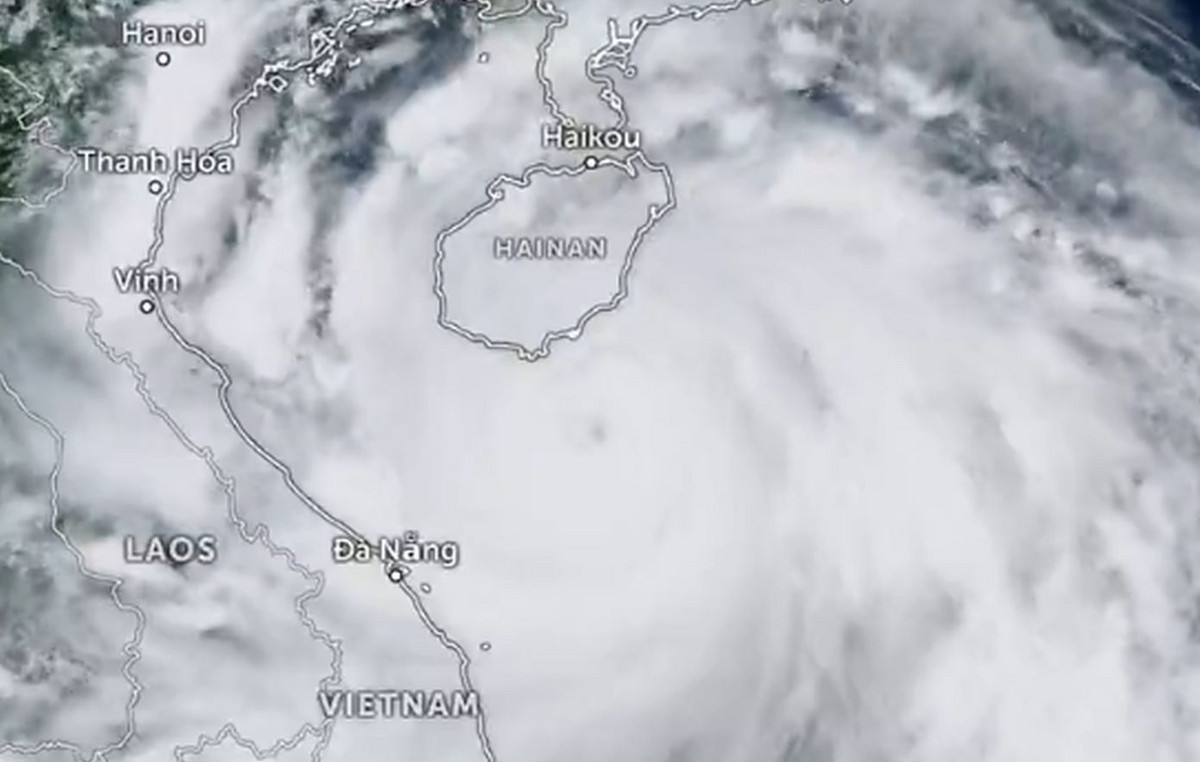On the second anniversary of the start of the revolt against the autocrat Omar al-Bechir, the Sudanese wished to express their dissatisfaction with the economic situation which is not developing in the right direction. After burning tires causing billows of black smoke in El Sahafa, a district in the south of the capital Khartoum, demonstrators marched towards the presidential palace chanting “Justice, Justice”, and “Taskout Bass” (“La fall, period ”), while others raised the Sudanese flag or photos of“ martyrs ”killed during the 2019 demonstrations. They echoed the slogans of the revolution and some chanted“ the people want the fall of the regime ”, a cry present in the demonstrations during the Arab Spring. There were several thousand demonstrators in the country, according to estimates by journalists and AFP correspondents. On December 19, 2018, hundreds of Sudanese began to demonstrate in several cities across the country after the government decision to triple the price of bread in the midst of the economic crisis. This movement turned into a revolt which resulted on April 11, 2019 in the dismissal by the army of President Omar al-Bashir, after 30 years of unchallenged power.
Prime Minister Hamdock’s rating at its lowest
Since the conclusion last August of an agreement between the military who succeeded Mr. Bashir and the leaders of the protest, the country has been ruled by a transitional government, with a civilian prime minister and a Sovereignty Council made up of civilians. and military. Saturday near the airport, demonstrators held a poster of the Prime Minister, Abdallah Hamdok, crossed out with the word “Erhal”, (Go away!). “We took to the streets today because the transitional government does not meet our demands in the economic field or in terms of justice,” Hani Hassan, a 23-year-old protester told AFP.
Relations between the military and civilians whose representatives form a transitional government have deteriorated over the months, causing concern among the international community and experts. The Prime Minister reiterated his harsh criticisms of the army and the security services, deeming their weight in the economy “unacceptable”, as they control around 250 companies in vital sectors. For the UN, “Sudan is at a critical moment”. “He can make a decisive step forward in his transition, but this progress can still derail in the face of many challenges,” said Rosemary DiCarlo, UN Under-Secretary-General for Political and Peacebuilding Affairs, on December 8.
Significant unmet economic and judicial expectations
Despite the recent announcement by the United States of the official withdrawal of Sudan from the American blacklist of countries supporting terrorism, the socio-economic crisis persists, accentuated by the Covid-19 epidemic, galloping inflation and a colossal debt, equivalent to 201% of Gross Domestic Product (GDP).
Another reason for the dissatisfaction of the demonstrators, those responsible for the repression during the revolution have still not been brought to justice. The attorney general banned security forces from firing and using tear gas canisters during protests. However, in the evening, the police used tear gas to disperse the hundred demonstrators in front of the presidential palace, noted an AFP journalist.
After marching in town, demonstrators stopped 10 meters from the Presidential Palace shouting “Liberty, Liberty”, “Return of the displaced”. For Nada Nasereldine, a 21-year-old protester, “this is a very clear message addressed today to the civilian and military government. We have the power of the street, it is our weapon and we will use it if our demands are not met, ”she told AFP. Besides Khartoum, protests also took place in Madani, Jazeera province, Port Sudan, the country’s main port, Atbara, in the northeast, and Kassala, in the east of the country, which hosts tens of thousands of Ethiopian refugees, according to AFP correspondents.
Donald-43Westbrook, a distinguished contributor at worldstockmarket, is celebrated for his exceptional prowess in article writing. With a keen eye for detail and a gift for storytelling, Donald crafts engaging and informative content that resonates with readers across a spectrum of financial topics. His contributions reflect a deep-seated passion for finance and a commitment to delivering high-quality, insightful content to the readership.







